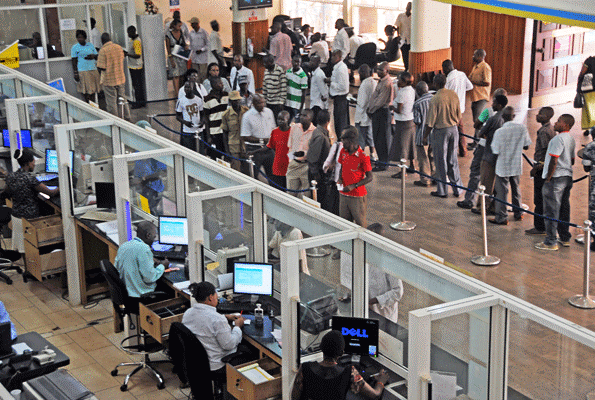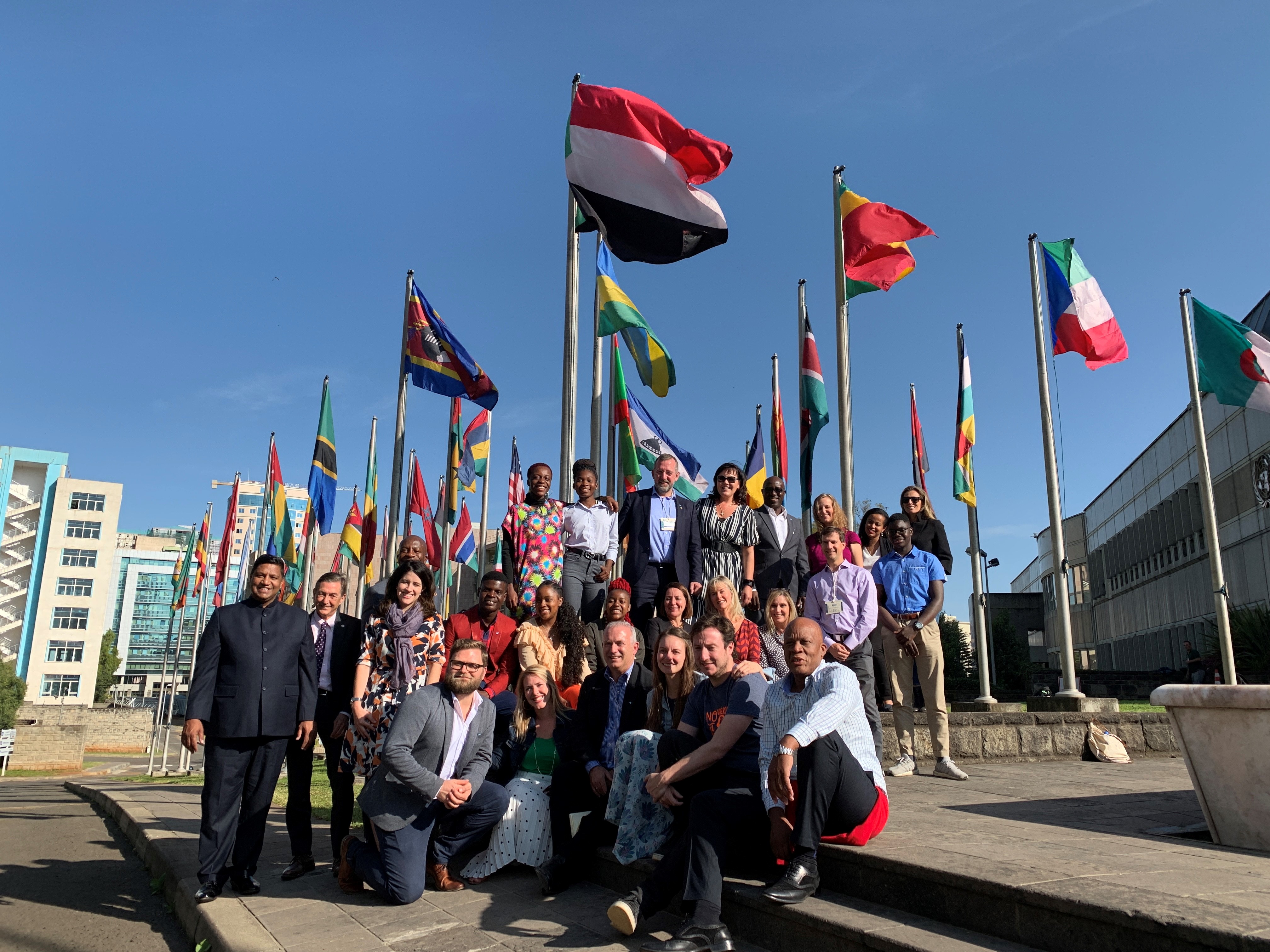Financial inclusion can provide a route for citizens to manage their finances better. However, only one in six citizens (17%) has a bank account, either alone or jointly with another person, a new report has revealed.
The report adds that men (22%) are nearly twice as likely as women (12%) to have an account, and those in urban areas (25%) are much more likely to have an account than those in rural communities (13%).
There are also strong links with age and wealth, with young people (6%) and the poor (6-7%) particularly unlikely to have a bank account. The wealthiest citizens (37%) are the most likely to have bank accounts.
“The most commonly mentioned reason for having opened a bank account is for savings or keeping money safe (64%),” the report says, adding: “The most common reason given for not having an account is a lack of sufficient funds to make it worthwhile (92%).”
Looking back at earlier data collected, there has been no significant change in the proportion of citizens holding bank accounts in Uganda over the past few years; there may even have been a small decline, the report adds.
The Financial Sector Deepening Trust found that 21% had a bank account in 2009. This suggests access to formal banking services has been slower than the rate of population growth.
The National Financial Inclusion Strategy highlights a need to focus on people of particular groups who are more financially excluded than others. The Sauti za Wananchi data shows there is lower ownership of bank accounts among the women, rural communities and young people between 18 to 24 years.
1 out of 3 citizens has borrowed money in the past five years.
Additionally, one out of three citizens (35%) have taken a loan or borrowed money in the past five years. This number is higher among men (40%) than women (29%), but consistent between urban (34%) and rural areas (35%).
These findings were released by Twaweza in a research brief titled Under pressure? Ugandans’ opinions and experiences of poverty and financial inclusion. The brief is based on data from Sauti za Wananchi, Africa’s first nationally representative high-frequency mobile phone survey. The findings are based on data collected from 1,925 respondents across Uganda in October 2017.
The report however says mobile money is accessible to all. Two out of three citizens report having a mobile money account (68%). And mobile money is available to groups often left behind by other financial services and products, namely women and the young.
In the hypothetical situation of being given a gift of Shs350,000 by the government, citizens say they would spend on average Shs185,000, or a little over half the amount, on starting or boosting a business venture. Substantial amounts of the hypothetical gift would also be spent on boosting agricultural productivity (Shs59,000) and on school fees (Shs44,000).






